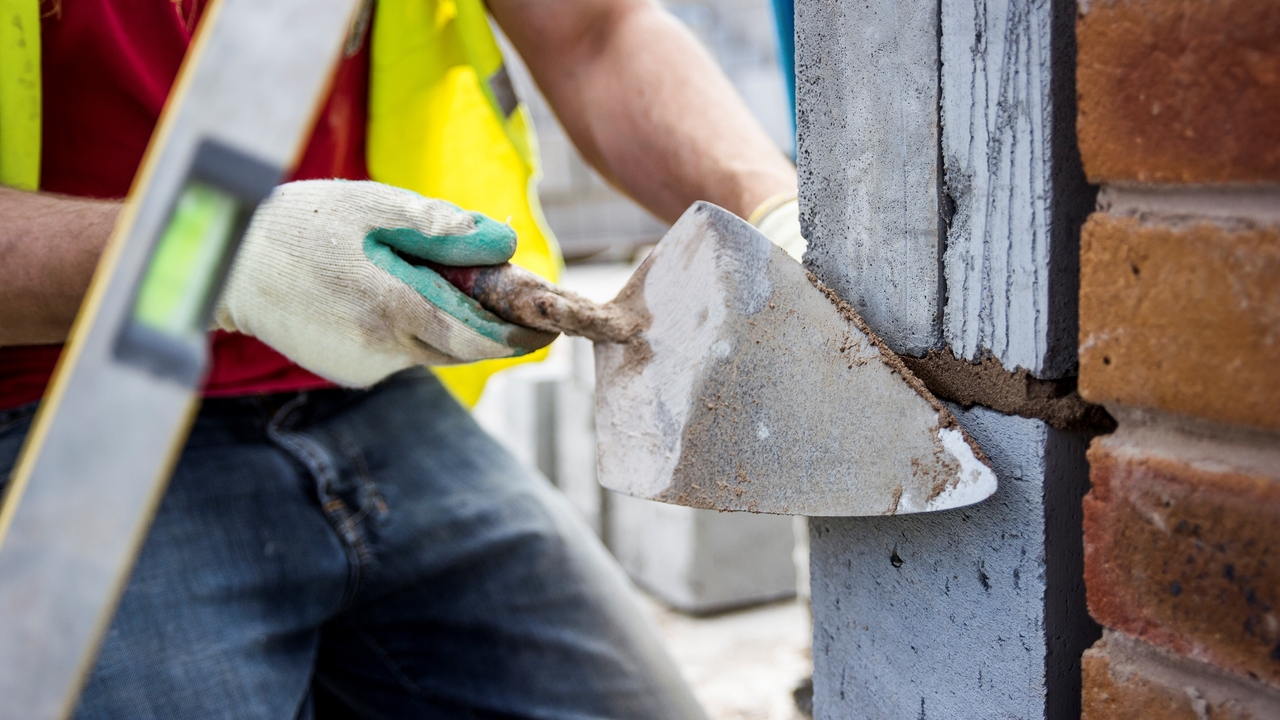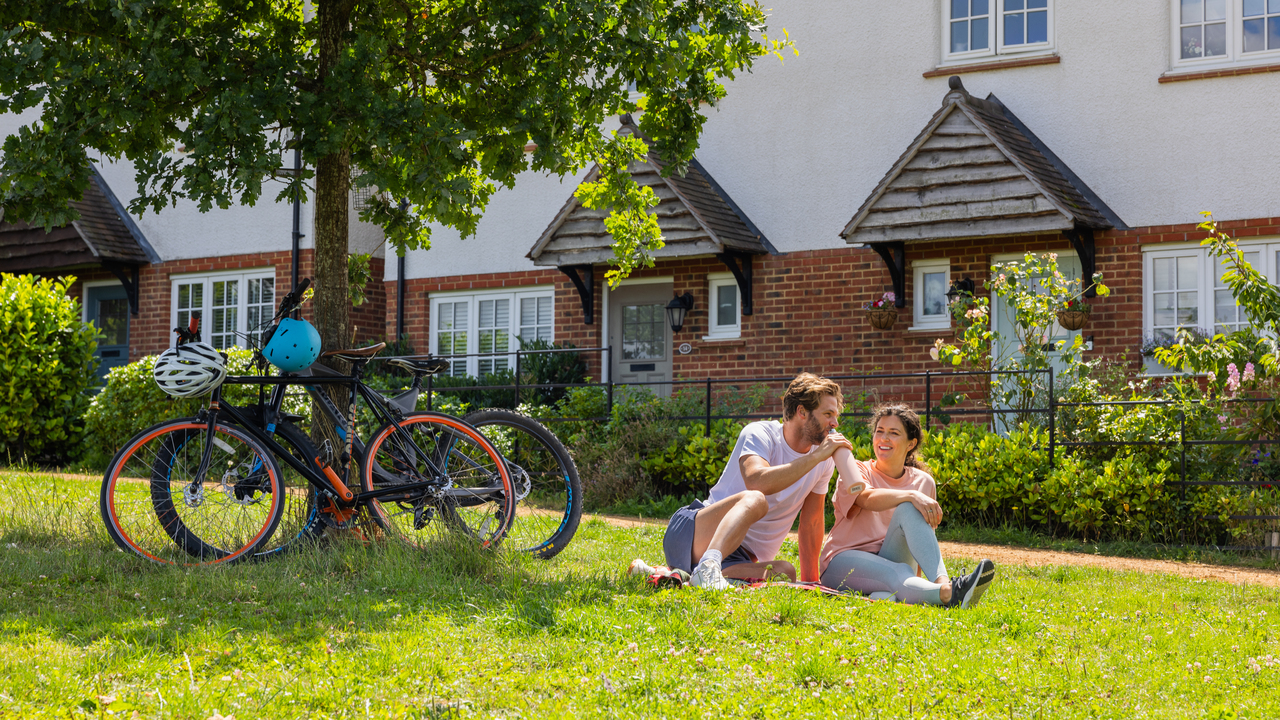Home makeover shows have been selling us the home renovation ‘dream’ for decades. It’s easy to be seduced by romantic stories of buyers who’ve transformed a ‘doer-upper’ into a stunning new home, seeing the switch from ‘before’ to ‘after’ happen instantly.
Unfortunately, for many who start out with high hopes and grand plans, taking on an older property that needs lots of work is rarely clear-cut. Even after surveys and meticulous planning, unforeseen problems can arise and budgets can spiral.
Our team considered what you might need to expect when taking on a renovation project, to provide you with a list of things to consider before committing to buy.
What you need to know before buying an older house
If you’re looking at an older house, it’s vital to do thorough research before you exchange contracts to ensure you have fewer unwelcome surprises further down the line. Bear in mind that you can’t always identify every potential problem before you purchase, many will only come to light once you start the work.
Ideally, you should commission a full building survey to uncover issues such as damp, structural movement and rot. Unlike buying a new build home - which will come with a new home warranty - you’ll need to take surveys and reviews of an older property on yourself.
Once you have your survey report, look into whether you will need planning permission or building control approval for major work and weigh up the likelihood of obtaining it. It’s a good idea to look at whether other older houses in the area or on the same street have had similar work done.
Your mortgage lender will conduct their own survey, known as a valuation report. If issues such as damp are discovered, some lenders may withhold funds until certain works have been carried out. This is known as “mortgage retention” and instead of releasing all funds straight away they will keep some of the money back until certain conditions are met such as a new damp proof course. This could mean you’ll need to find additional funds to purchase or you’ll need to renegotiate with the vendor if you wish to proceed.
Planning to renovate an older house
If you do decide to go ahead and purchase a “fixer upper”, it’s important to set a timetable and budget for your programme of work at the outset. However, be prepared for timescales to slip and budgets to run over.
Make a list of all of the jobs that need doing and assign each item a cost and a realistic timeframe. You will need to include professional fees here too, like structural engineers and architects, in addition to builders, plasterers, electricians, plumbers, gas engineers, joiners and fitters, tilers, and painters, as well as any specialist work required. Of course, you may be ready and willing to undertake some of the work yourself, but be realistic about your skills and the time you can devote to the work, particularly if you have other commitments such as a demanding job or young children.

While budgeting you should ideally ensure you have contingency for it to increase by at least 10%, but the more you can have in reserve the better.
If you’re planning to live in the house while you renovate, think about its condition at each stage of the project and whether it is actually feasible and safe to live there throughout.
If you have the luxury of an alternative place to stay while you remodel, consider if those arrangements will still work if your project runs over. If you’re renting, can you afford to cover both your rent and mortgage for longer than planned if delays occur?
What you’ll need before buying an older property
There are a few more things you’ll need to add to your list if you’re considering buying an older home versus a new build property.
- To complete on an existing house, in addition to a full building survey you may need additional surveys such as an asbestos report or drainage survey
- You’ll need to arrange a gas and electricity safety check - older properties may need rewiring and occasionally gas appliances will be condemned
- Make sure to do your research on jobs that need planning consent or require you to notify Building Control
- Create a schedule of all work required and source competing quotes for labour and materials from reputable tradespeople and suppliers (ask family and friends for recommendations or words of caution)
- If you plan to do some work yourself, create a schedule of when you can fit the hours in around work and family life
- Identify other potential risks – renovating an older property means dealing with the unknown and bad weather can cause delays
- Ensure you have appropriate insurance for the property
- Check with your mortgage lender if you cannot live in the property straight away – some will not lend on uninhabitable properties
What are the benefits of buying a new home vs an old property?
So, with all that in mind, you might find yourself considering looking for a new property that’s sustainably built, brand-new and comes with a new home guarantee.
There are a few benefits to buying a new home, with energy efficiency top of the list. On average, a brand new home is 40% more energy efficient than a 10-year-old home and 70% more efficient than one built pre-1990*.

Although you can’t put a price on your time and stress, we’ve done our best to evaluate how much renovating an old home could cost. Redrow estimates it costs on average £50,000 to bring an old home up to the standard of a new build**.
If you’re considering buying a new home rather than committing to a renovation project, why not visit a Redrow development near you?
*Research carried out by National Energy Services, commissioned by the New Homes Marketing Board.
**Based on a comparable four-bedroom detached home



